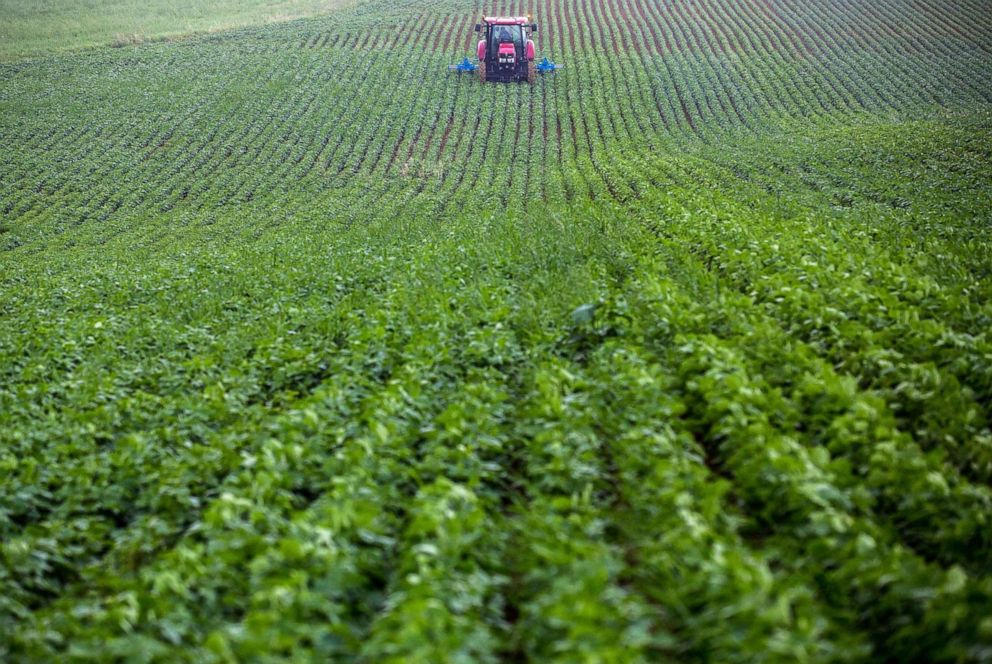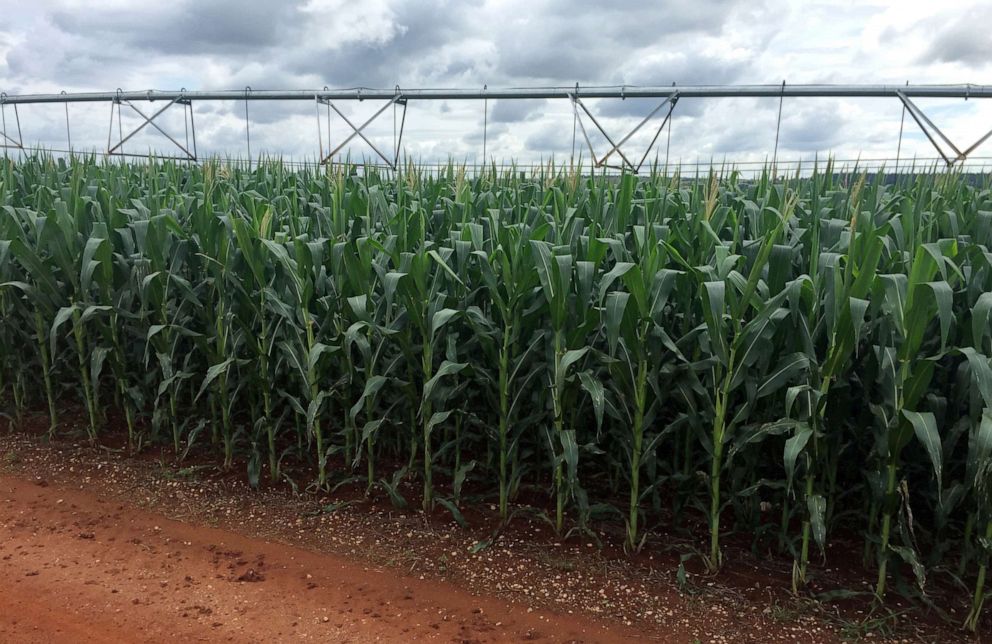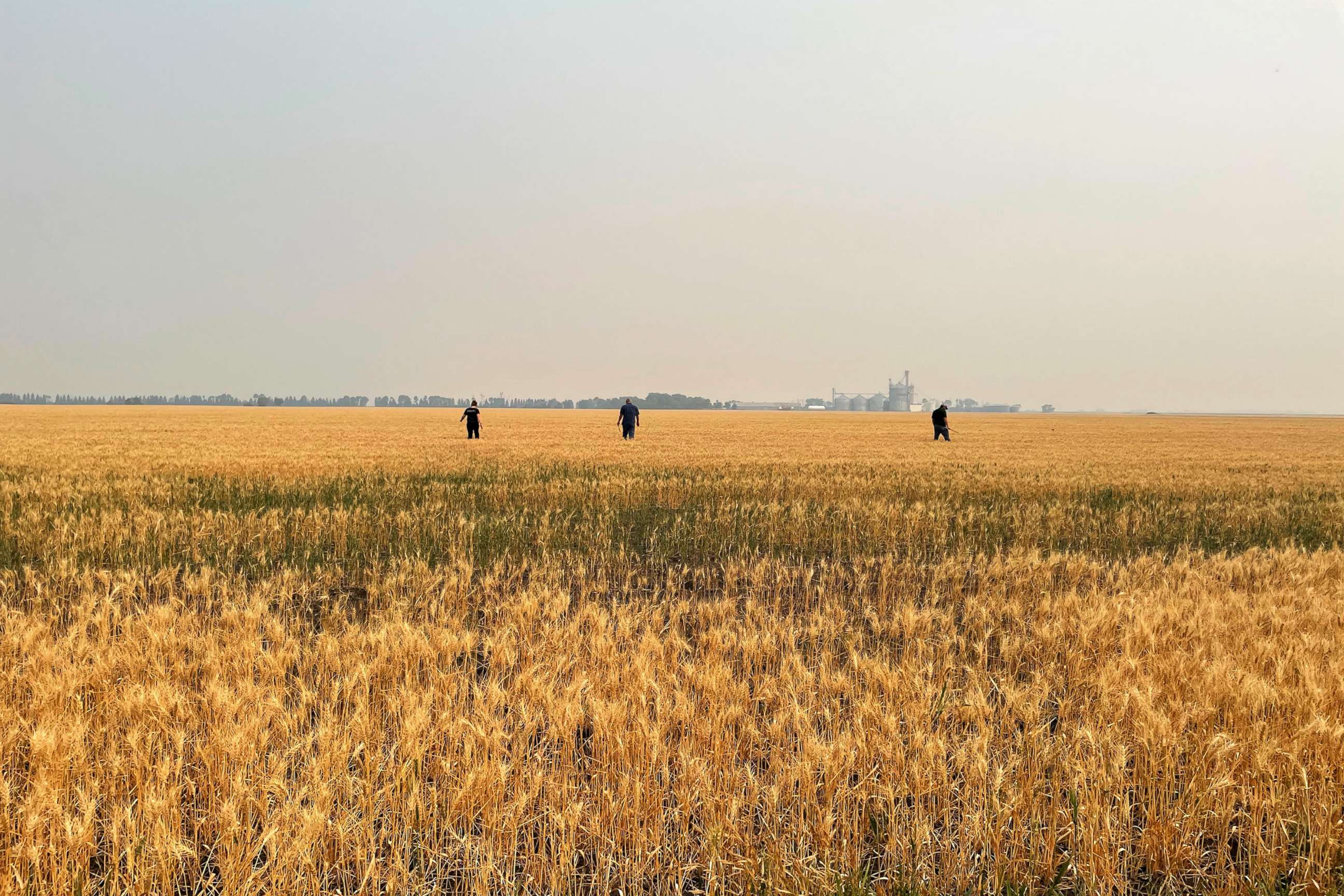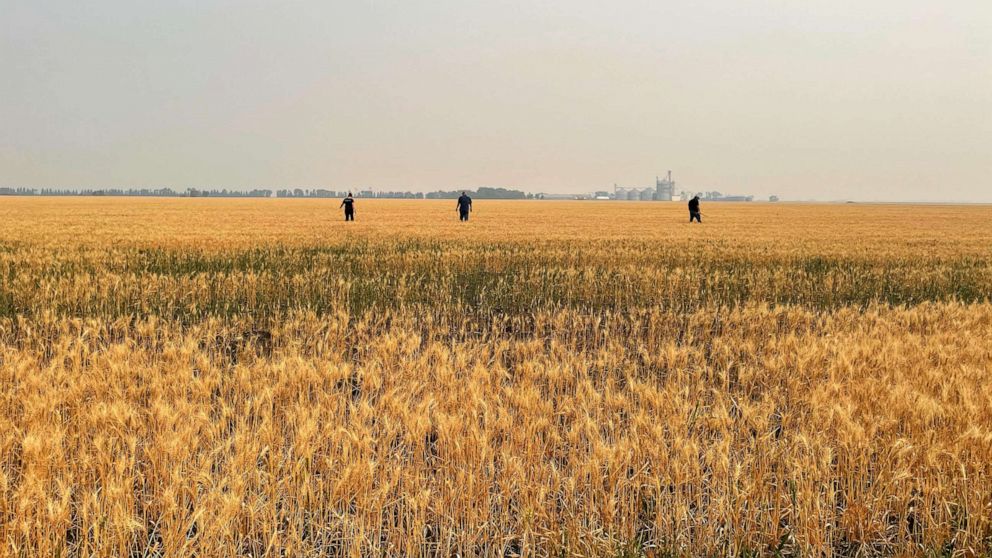Climate change can cause plant pathogens to infect crops at higher rates, scientists say
The availability of food and how crops will fare as a result of climate change has long been of interest to environmental researchers, but scientists are now finding other threats to food supplies that can severely impact global food security.
Climate change may pose an increased risk for crops to become infected with pests and pathogens, leaving the yields inedible and risking quantities of the world's food supply, according to a study published Thursday in Nature Climate Change.

Researchers at the University of Exeter in England studied models for the production of four major commodity crops -- maize, wheat, soybean and rice -- as well as eight temperate and tropical crops, to predict how the crops would respond to future climate scenarios.
The researchers found that, overall, the yield of the crops will increase at high latitudes, such as North America and parts of Europe and Asia. However, the findings also suggest that risk of infection from 80 fungal and oomycete, or fungal-like, pathogens will increase at high latitudes as temperatures increase, according to the paper.

As global temperatures warm, pest outbreaks are common, and pathogens can more easily attack crops, scientists said. Temperature is a "major determinant" of disease risk, and global distribution of plant pathogens have already shifted with the current warming, according to the study.
Climate change will not only affect the number of pathogens able to infect crops, but the composition of how the pathogens are assembled as well, the scientists said.

The higher temperatures also pose the possibility of major shifts in species composition within pathogen communities in some regions, such as the United States, Europe and China.
Food scarcity is a "continuous concern" as global populations expand, the amount of arable land decreases and the threat of climate change increases.
The researchers concluded that plant pathogens represent a "major threat" to crop production and food security, which reinforces the need for "careful crop management."




